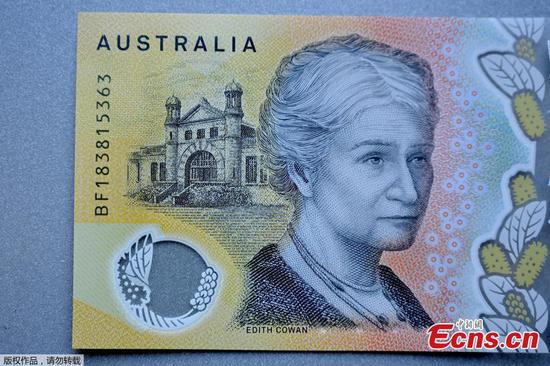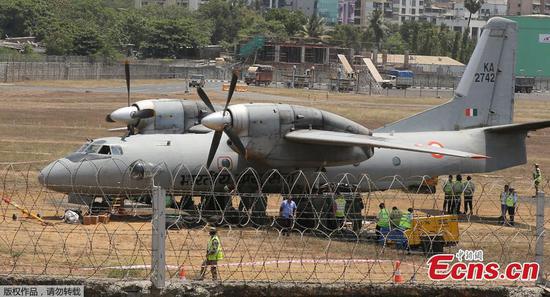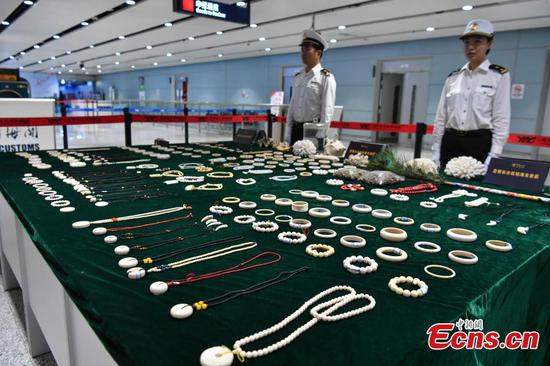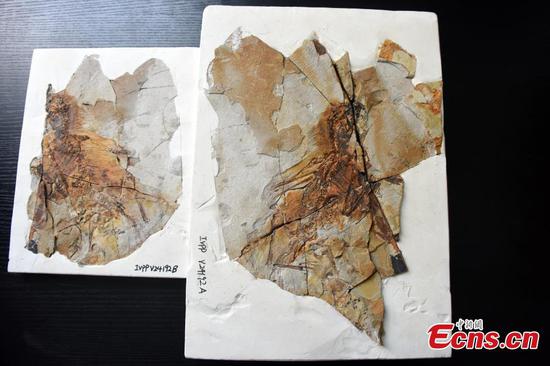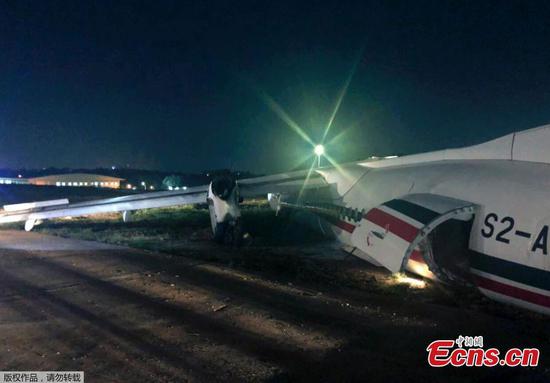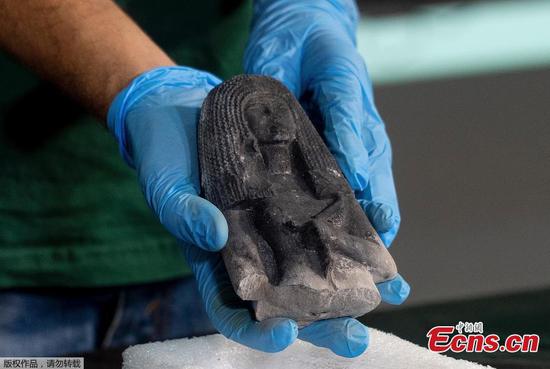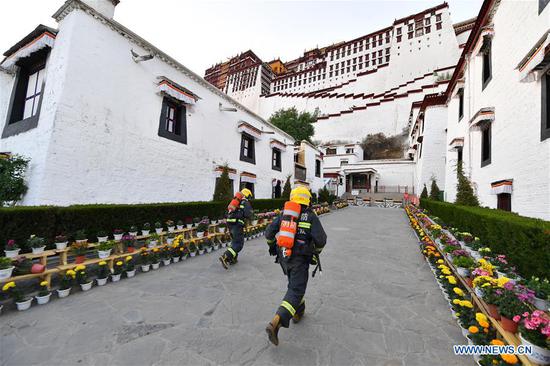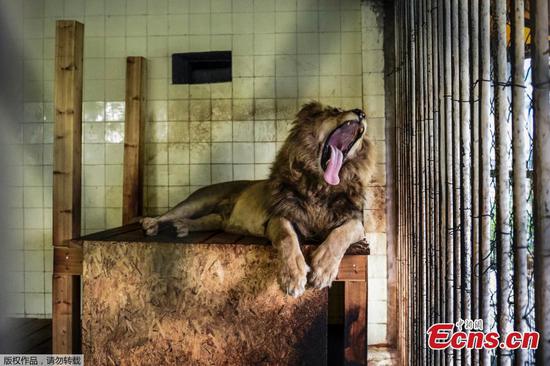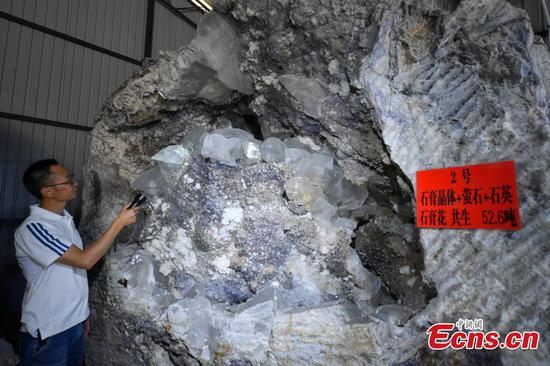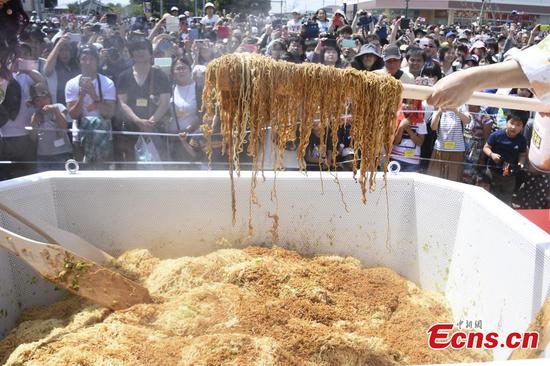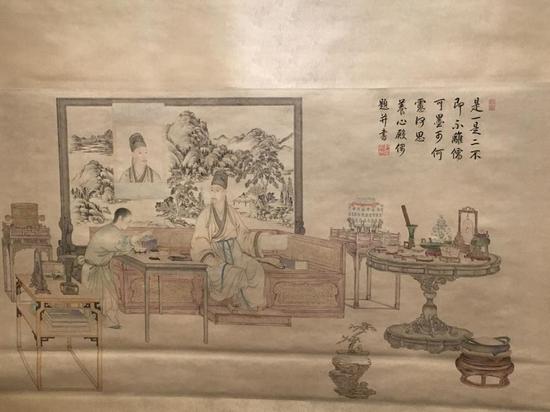The Ministry of Commerce said on Thursday it hopes that the United States can resolve existing economic and trade issues with China through cooperation and consultation, to the benefit of all, instead of through tariffs.
Noting that no one wins in a trade war, ministry spokesman Gao Feng said China hopes the US will address trade issues through dialogue rather than unilateral measures. The peaceful resolution of the trade tensions meets the expectations of the entire world, Gao told reporters.
China has always kept its promises, Gao said. "Negotiation is a process of exchanging opinions, solving problems and reaching consensus. It is normal for both sides to have different views."
Also on Thursday, Foreign Ministry spokesman Geng Shuang said China hopes the two countries can meet halfway and achieve a mutually beneficial trade agreement on the basis of respecting each other.
The remarks came as Vice-Premier Liu He headed to Washington to attend the 11th round of economic and trade consultations.
Liu's visit to the US, following Washington's announcement of new tariff plans, shows China's "responsible attitude toward and sincerity in advancing consultations", Gao said.
The planned US tariff increase on $200 billion worth of Chinese imports from 10 percent to 25 percent starting on Friday was filed by the Office of the US Trade Representative, and the filing appeared on Wednesday in the Federal Register.
The Ministry of Commerce announced late on Wednesday that China will have to take necessary countermeasures if the US tariff increase takes effect.
Beijing opposes unilaterally imposed tariffs, and will be fully prepared to defend its interests in resolving trade disputes, Gao said. "China will not succumb to any pressure," he said.
US business communities described the planned US tariffs targeting China as the worst outcome and urged the government to avoid escalating tensions and wrap up negotiations with China.
In what could easily be described as the worst outcome for US soybean growers, the Trump administration confirmed what the industry has feared for months, the American Soybean Association said in a statement.
Davie Stephens, president of the American Soybean Association, said, "We need a positive resolution of this ongoing tariff dispute, not the further escalation of tensions."
" … Our patience is wearing thin as prices remain low and the tariff dispute drags on. The financial and emotional toll on US soybean farmers cannot be ignored," Stephens said.
Cal Dooley, president and CEO of American Chemistry Council, said in a statement that "the risks of continuing to use tariffs as a negotiating tactic with China are simply too high, and any potential benefits are still unclear."
In another development, the Ministry of Commerce announced on Thursday that China will continue reviewing the anti-dumping measures against a special category of steel pipes imported from the US and the European Union. During the scheduled one-year review period starting on Friday, the anti-dumping duty for certain US steel products will remain at 14.1 percent, while that for EU products will be 13 to 13.2 percent.









